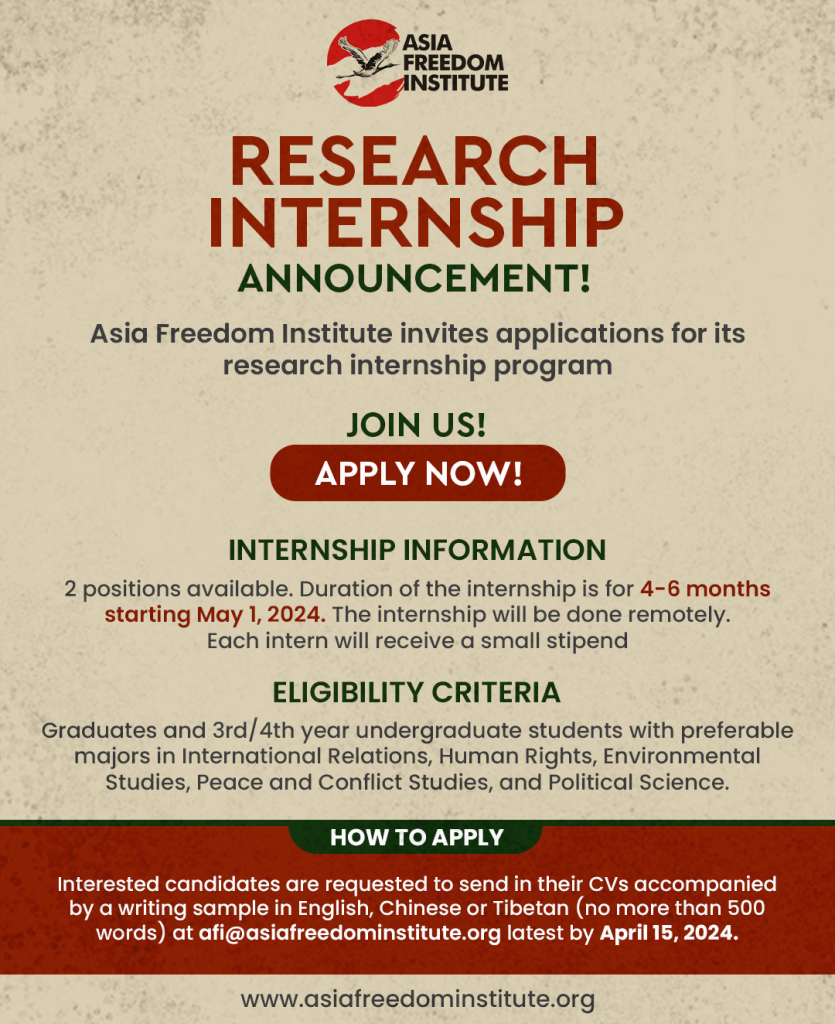Germany released its long-awaited China Strategy Paper on July 13, 2024. The 64-page document states that China’s economic strategy is “making international production chains more dependent on China” and its foreign policy is “attempting in various ways to reshape the existing rules-based international order.” Germany’s new China strategy defines China as a “systemic rival.”
On the issue of civil and political rights, the paper states “unwelcome opinions are censored, critics are persecuted, access to free internet and many international media outlets is blocked, and there is no freedom of reporting.” The paper emphasizes the importance of “protecting the rules-based international order on the basis of the Charter of the United Nations and universal human rights and international law.”
Germany’s new China strategy was largely welcomed by many human rights organizations.
Here are some excerpts from the document:
This systemic rivalry is reflected in the fact that Germany and China have different concepts of the principles governing the international order in important areas. The Federal Government is observing with concern how China is endeavouring to influence the international order in line with the interests of its single-party system and thus to relativise the foundations of the rules-based international order, such as the status of human rights.
Human rights are at the heart of the Federal Government’s policies. We respect every country’s individual history and culture. At the same time, universal human rights cannot be watered down. They are inalienable and apply worldwide. The Universal Declaration of Human Rights states clearly that rights and freedoms apply equally to all people. In our relations with China, we will continue to call for human rights to be upheld, including in concrete individual cases. This applies in particular to serious human rights violations, including against the Uighurs in Xinjiang, which have been reported also by the United Nations, the situation in Tibet and Hong Kong and the situation of ethnic and religious communities, as well as the significantly worsened situation facing human rights defenders.
The Federal Government is remaining vigilant regarding all forms of illegitimate interference on the part of official Chinese authorities, acting openly and under cover, by means of intimidation or through coercion, and pursuing aims that run counter to Germany’s interests, including the preservation of our free, democratic constitutional system.
The number of Chinese disinformation campaigns is increasing all around the world, e.g. in connection with China’s policy on Hong Kong and Taiwan.
German universities and scientific organisations should ensure that cooperation with Confucius Institutes and similar Chinese partners meets the requirements of our system of education and research, and in particular that it upholds the principle of the freedom of science, research and academic Teaching.
China is increasingly pursuing its political objectives through economic means – by creating and leveraging economic dependencies and by granting or withdrawing economic advantages. To enable us to preserve our freedom and sovereignty despite these policies, we must diversify our economic ties.
In a Twitter post on July 13, the German Foreign Office said “China has changed, thus we need to change. The new China Strategy will serve Germany as a compass for its relations with China.” The German Foreign Minister Annalena Baerbock “we are not decoupling from China, we merely want to derisk — that is minimize this risk,” she said, noting the mistake that Germany had made in relying too heavily on Russian fossil fuels. “Companies that make themselves particularly dependent on the Chinese market will increasingly have to bear the financial burden of this risk and part of economic security is that companies ensure need to ensure that in their supply chains that they are aware of human rights and ensure that they are not being violated,” said the minister.


